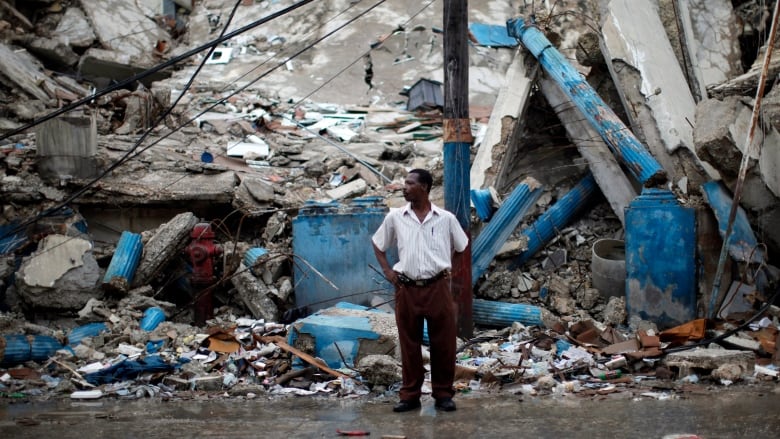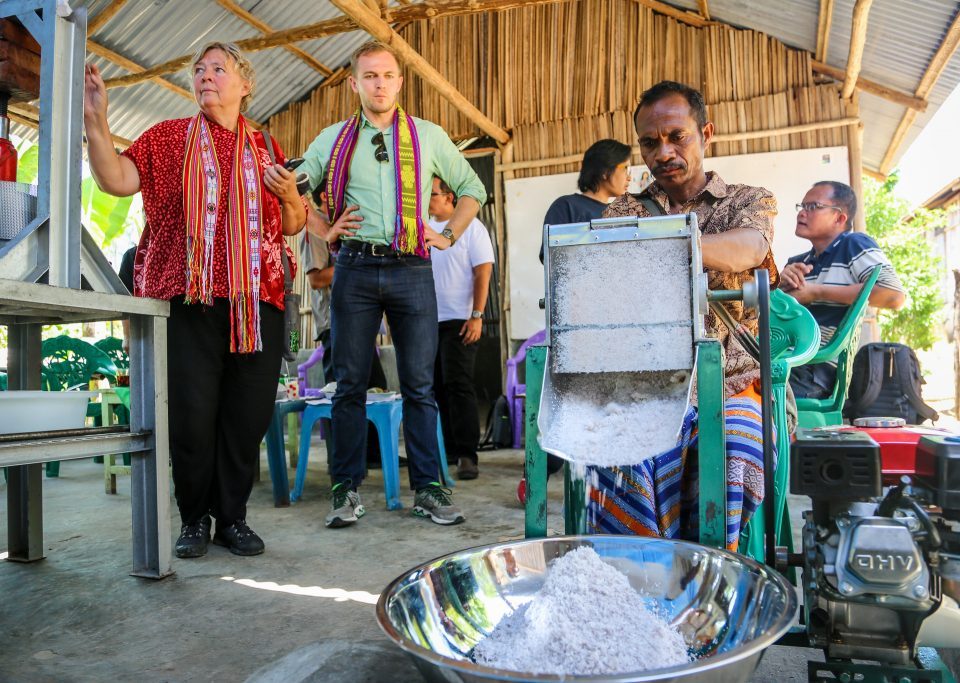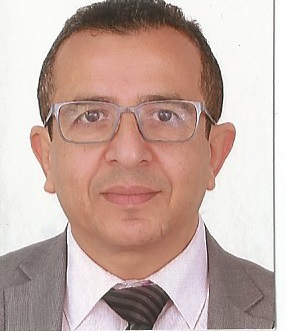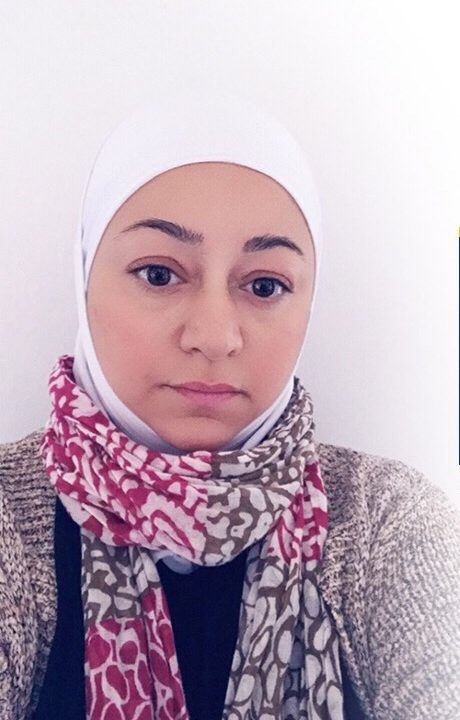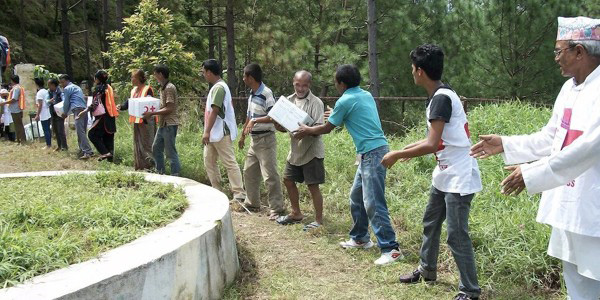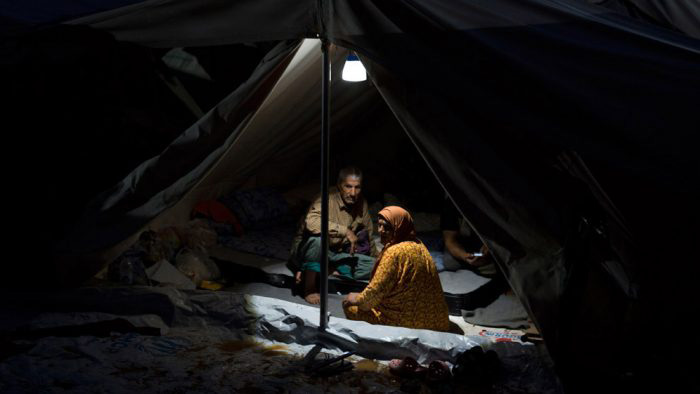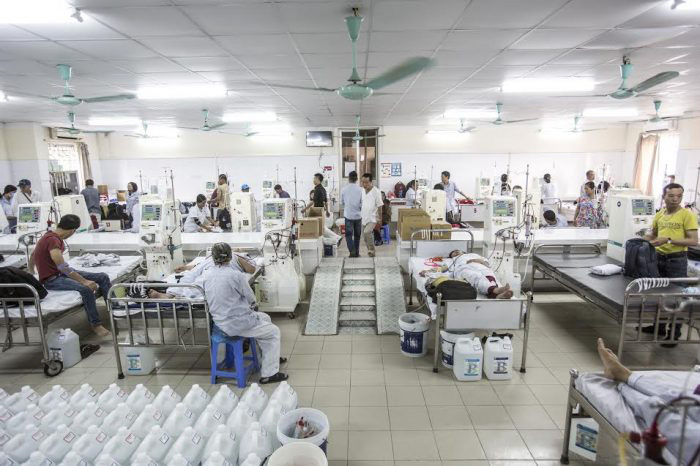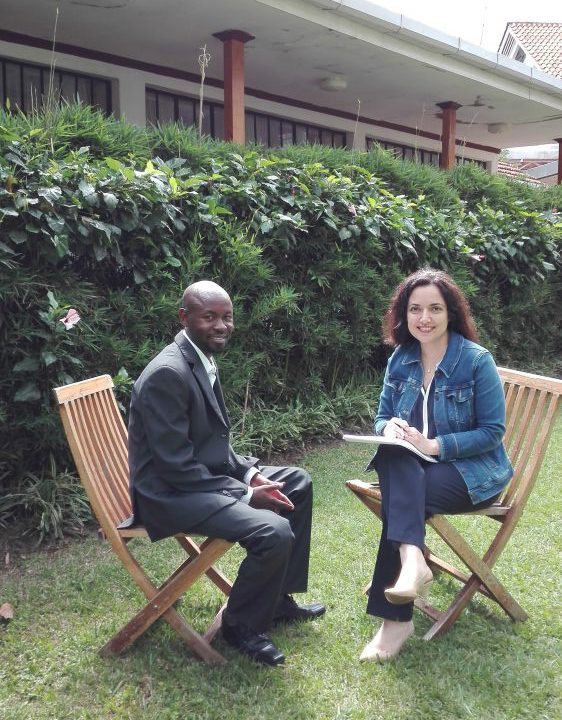- Filter by
- Categories
- Tags
- Authors
- Show all
- All
- academia
- accountability
- adaptation
- afghanistan
- aid
- aid effectiveness
- architecture
- Argentina
- asylum-seeker
- budget
- bureaucracy
- business
- capacity sharing
- child protection
- children's rights
- citizen engagement
- citizen participation
- citizen voice
- climate c
- climate change
- colombia
- community
- community development
- comparative development
- conflict
- cooperation
- COP21
- COP26
- corporations
- Covid-19
- data
- decision-making
- decolonisation
- Democratic Republic of Congo
- developing countries
- development
- development co-operation
- development effectiveness
- development finance
- dialogue
- disaster preparedness
- disaster response
- domestic resource mobilisation
- donors
- DRC
- economic empowerment
- emergency preparedness
- employment
- entrepreneurship
- equality
- espanol
- EU
- evaluation
- feedback loops
- feminism
- français
- gender
- gender equality
- gender-based violence
- global development
- gpedc
- grand bargain
- Haiti
- health
- homeless
- housing
- human rights
- humanitarian aid
- humanitarian effectiveness
- ICT4D
- inclusion
- indirect cost recovery
- inequality
- information
- INGOs
- innovation
- integration
- international cooperation
- international humanitarian law
- jobs
- Kenya
- knowledge
- language
- least
- least developed countries
- LGBTI
- local aid workers
- local development
- local NGOs
- localisation
- men
- mental health
- mexico
- migrants
- migration
- mining
- minorities
- mirps
- multinationals
- natural disasters
- negotiations
- NGOs
- Nigeria
- Northern
- ODA
- OECD
- ownership
- Pacific
- participation
- participatory methods
- partnerships
- peace
- perceptions
- perceptual data
- perspectives
- philanthropy
- Philippines
- policy
- policymaking
- politics
- poverty
- power
- protection
- racism
- RDC
- refugees
- representation
- Republique Democratique du Congo
- resilience
- responsiveness
- rights
- sexual abuse
- sexual harassment
- social accountability
- social justice
- solidarity
- South-South cooperation
- Southern
- southern voices
- statistics
- sustainable development
- sustainable tourism
- Syria
- Tanzania
- tax
- time
- transparency
- Uganda
- Ukraine
- UN
- united nations
- Vietnam
- water and sanitation
- women
- women's rights
- world food day
- world humanitarian summit
- youth
March 8, 2020
Published by Farida Tchaitchian Bena at March 8, 2020
Categories
This is the first part of a conversation with Sabina Carlson Robillard and her husband Louino ‘Robi’ Robillard. Sabina, a US national, and Robi, a Haiti-born, met in Haiti while contributing to the response to the 2010 earthquake. Today they support Konbit Solèy Leve, a community-led movement founded in the biggest Haiti slum, Cite Soleil, in 2011. In Part One of this conversation, Sabina, Robi and I discuss the international response to the 2010 earthquake from a local perspective.
October 26, 2019
Published by Farida Tchaitchian Bena at October 26, 2019
Categories
Having worked on global development issues for over two decades, I should know who is an expert in my sector by now. I have many lists of experts on file and can’t help noticing a recurring trend: it’s usually people from a Northern/Western background, with endless degrees and credentials, most of them English-speaking. All of which begs the question: are these traits supposed to be the qualifications of the ultimate expert in my field? What if there’s a whole world of ‘expertise’ that we simply don’t consider?
July 17, 2019
Published by Farida Tchaitchian Bena at July 17, 2019
Categories
The recent influx of refugees and migrants to Europe has brought to light the complexity of migration and how it is often linked to the development of the countries these people are escaping from. I discuss these issues with a former colleague of mine, Anas El Hasnaoui, who represents the Arab NGO Network for Development. Anas talks about the linkages between migration and development, particularly in his region, North Africa.
June 17, 2019
Published by Farida Tchaitchian Bena at June 17, 2019
Categories
For my second interview with refugees advocating on behalf of other refugees I have reached out to Shaza Nabeel Al-Rihawi, a Syrian woman who now lives in Germany, where she works for the research institute LifBi. Shaza is also a member of the European Migrant Advisory Board and the co-founder of the Network for Refugee Voices. As World Refugee Day fast approaches, Shaza recalls the many challenges she has had to face to reunite with her family, rebuild her life from scratch and strive to improve refugees’ participation in the decisions that directly affect them.
December 22, 2018
Published by Farida Tchaitchian Bena at December 22, 2018
Categories
At the beginning of the year I wrote about the challenge of localising aid or, broadly put, how to help local civil society organisations to better respond to a crisis by strengthening their capacity and channeling more international funding directly through them. As 2018 draws to a close, I come back to this topic to share the latest thinking based on what I heard from a few local partners themselves at a recent event held in The Hague.
September 29, 2018
Published by Farida Tchaitchian Bena at September 29, 2018
Categories
During the summer break I finally had the time to reflect on the impact of the “Me Too” movement on the aid sector. A lot has been said already and yet we still know very little about the actual scale of the problem and even less about how it affects local aid workers in developing countries. This is what I find peculiar about current discussions on sexual harassment and abuse. Most of them reflect an expat’s lens instead of local workers' views.
January 30, 2018
Published by Farida Tchaitchian Bena at January 30, 2018
Categories
I have recently started a new job with the International Rescue Committee, a non-governmental organisation (NGO) that specialises in humanitarian aid in countries affected by conflict and natural disasters.
Coming back to the humanitarian sector after over a decade, I am struck to find that many discussions about the efficiency and effectiveness of aid replicate what has been said in development circles for years. One issue in particular is at the heart of discussions old and new: the challenge of ‘localising aid’, that is, helping local civil society organisations to better respond to a crisis through increased capacity and more direct funding from donor governments. Having agreed globally in 2016 that we should indeed localise aid, the humanitarian community is now tackling the big question: are we seeing any real change?
July 29, 2017
Published by Farida Tchaitchian Bena at July 29, 2017
Categories
It has already been a year since the adoption of the “Grand Bargain”, a global agreement made at the World Humanitarian Summit to save up to a billion US dollars over five years by reducing inefficiencies in how humanitarian aid is provided. How well are we doing? Are things actually changing where they are supposed to? Is humanitarian aid becoming more efficient and effective?
June 21, 2017
Published by Farida Tchaitchian Bena at June 21, 2017
Categories
I continue to explore how developing countries go about increasing their tax revenues as a way to escape from poverty, reducing the need for aid and other forms of international co-operation. In jargon, we call these efforts domestic resource mobilisation. This time I have spoken with Huong Nguyen, Non-Executive Director of the Vietnam Initiative Social Enterprise (VNI), a leading Vietnamese think-tank based in the country’s capital, Hanoi...
May 18, 2017
Published by Farida Tchaitchian Bena at May 18, 2017
Categories
Strengthening a developing country’s finances by increasing its tax revenues, rather than depending exclusively on aid, is widely seen as the way forward in the development community. Yet, few people actually know first-hand what it takes to generate support for increasing tax revenues in a developing country – particularly at community level...

